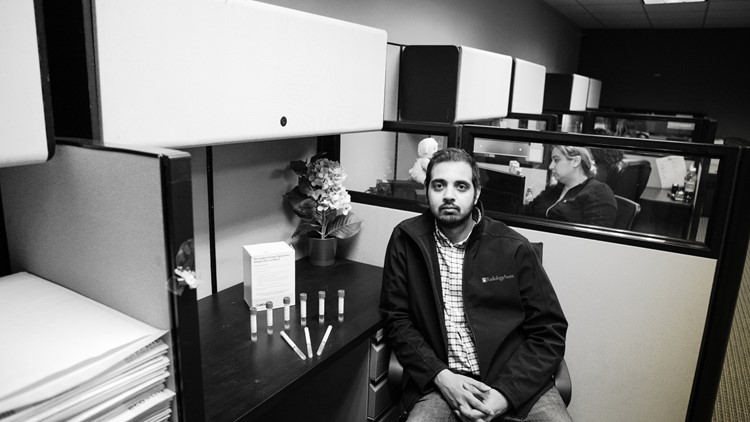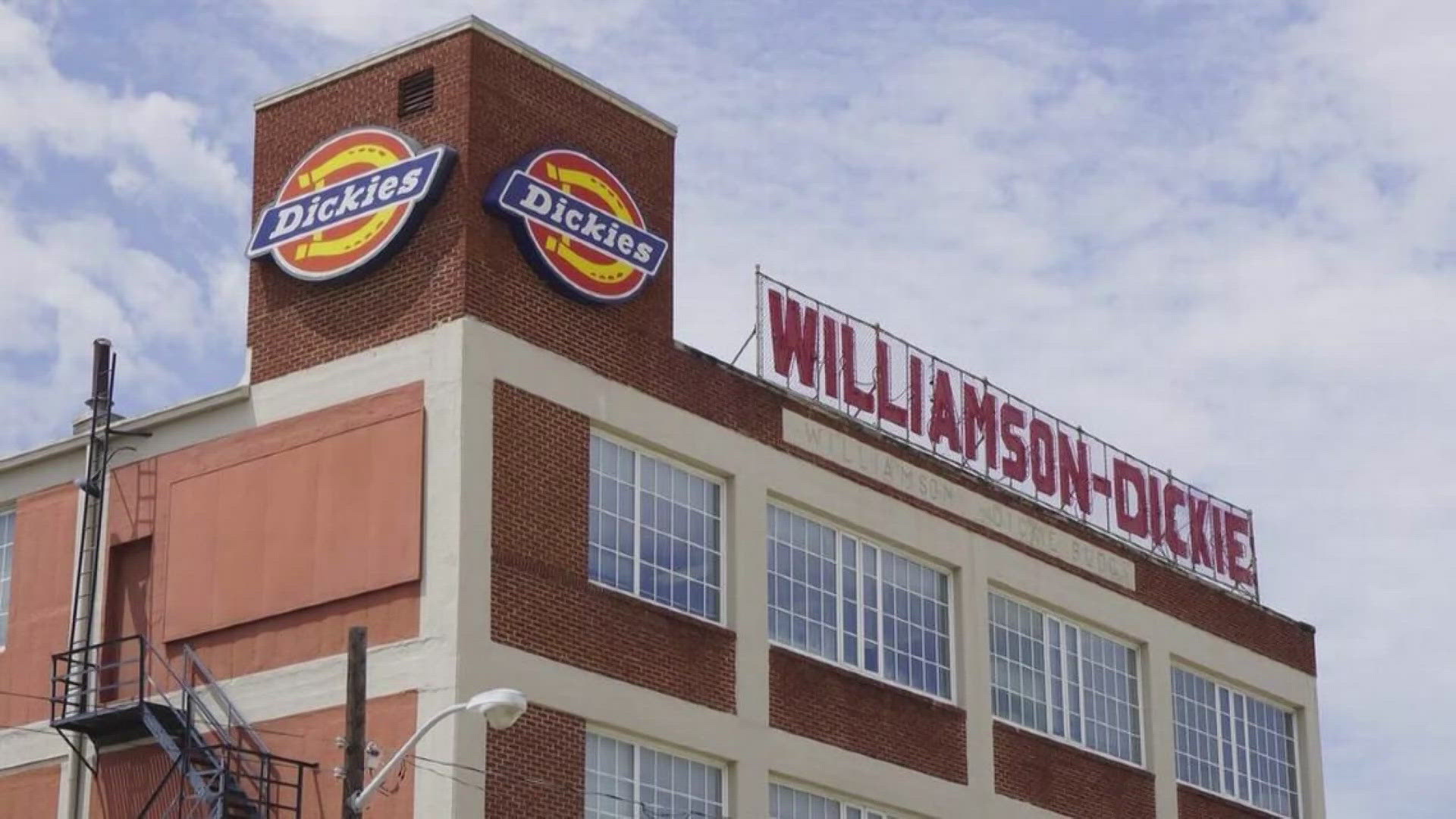DALLAS — Until March, things were going really well for Assist Health Group — so strong that the company was on track to have one of its best months ever.
Director Ali Poonawala and his employees had cleared their schedules to prepare for the tsunami of calls they anticipated in March, which is Colon Cancer Awareness Month.
Then all elective procedures were put on hold by the state. Since his company books colonoscopies, MRIs and CT scans with medical center partners, the lack of these elective procedures meant the anticipated surge of business dried up, basically overnight.
“We saw our entire network model shut down,” Poonawala said.
Instead of putting its best month ever on the books, liquidity issues plagued Assist Health Group in March.
“Typically, we schedule about a month or two out. All of that was cancelled,” he said. “Not only did our revenue drop to zero, but it actually went negative."
In addition to everyone who had already been scheduled demanding refunds, Assist Health’s vendors also accelerated their billing cycles, leaving the company with no income and multiple payments due.
Assist Health weathered the initial maelstrom thanks to its cash on hand, but other financial issues soon arose.
Poonawala was denied a Paycheck Protection Program loan in both funding cycles. Capital One, where Assist Health has its banking relationship, did not open applications for the program when it was first funded. So Poonawala had to go through Spirit of Texas Bank, and said he wasn’t approved because he didn’t have a prior relationship with the new bank. After Congress refunded the program at the end of April, Capital One opened applications but he was again denied because the business did not exist in its current form the year prior.
As a result, Assist Health temporarily reduced the hours of its workers because of a lack of demand before bringing its employees back to full time when they returned to the office in early May.
Before the drive-thru test centers were put in place in Dallas County in late March, Assist Health worked with its partner labs to create an at-home Covid-19 test kit. The company sold 250 of the kits before running out of the swabs the tests required. The company shelved the operation once the Food and Drug Administration advised that tests administered by a medical professional was preferred.
Since then, the FDA has approved at least one type of at-home test kit to ensure as many Americans are being tested as possible. Poonawala said his company may return to making the kits once the approval process proceeds.
Beyond testing kits, opportunities have arisen for Assist Health, including a void left by the competition. One of the company’s competitors announced in late April it was going to pull out of the market in order to support other areas of their business.
“That leaves a pretty big opportunity for us,” Poonawala said. “If I were to prioritize, I would pick going after their clients and letting them know that we are available to offer those services.”
While many of their partners on the colonoscopy side have reopened, they’re still grappling with how to get their uninsured patients screened for Covid-19 before they can get the procedure.
“The government has said that they are going to cover the Covid-19 testing, but it’s unclear how,” Poonawala said. “So like if a patient goes to a public health-assigned drive thru it is going to be free, but not at the urgent care down the street... It’s becoming just a hassle for them... so we’re trying to come up with a solution for that.”
Note: This story is part of the Dallas Business Journal’s Small Business Big Mission project. Starting in March, the local business-to-business newspaper followed nearly a dozen small businesses to track the way they coped, pushed and pivoted during the uncertainty brought on by the coronavirus pandemic. For questions about access to aid on the local, state and government level, visit the Business Journal’s Small Business Resource Guide.



